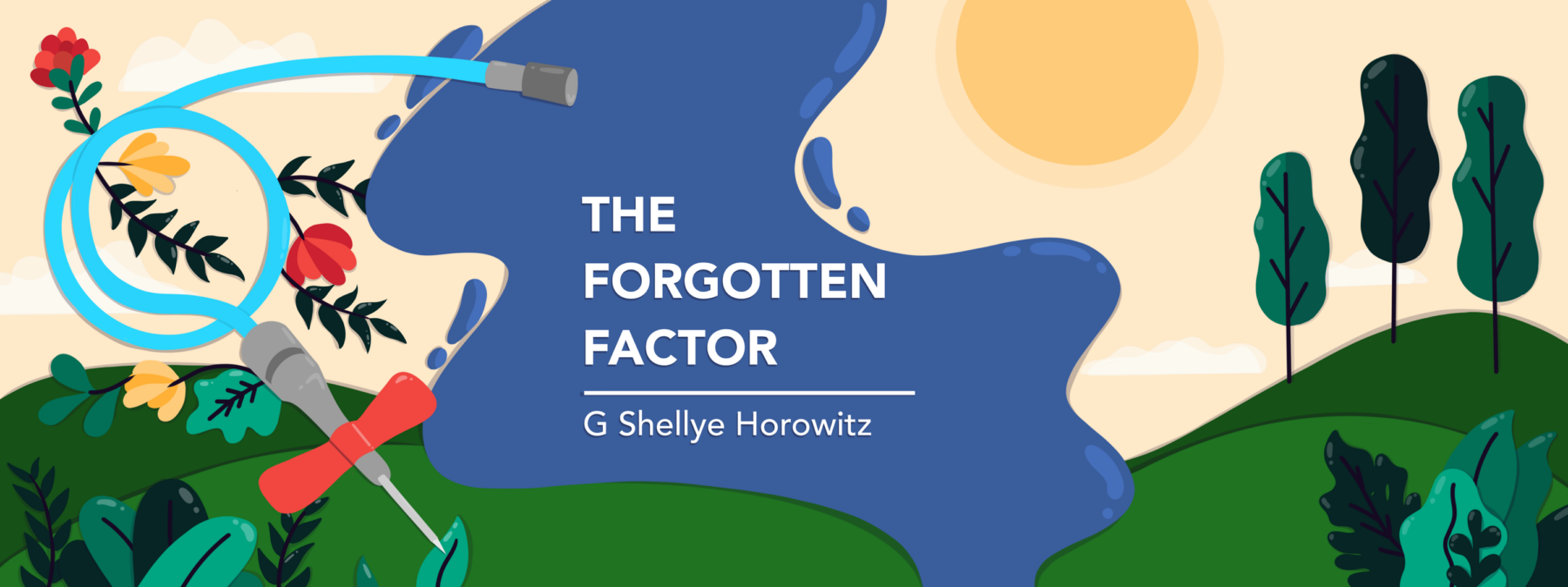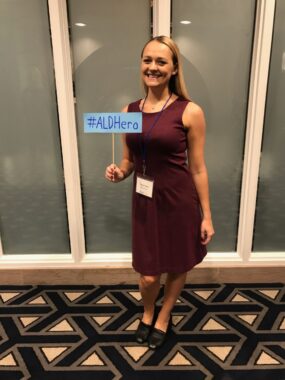Uniting women with X-linked disorders to prompt change
A columnist chats with the founder of the nonprofit Remember the Girls
Written by |

“We are more than symptomatic carriers, we have hemophilia, too!” a large group of women shouted when I attended the first National Conference for Women with Hemophilia in November 2018. As a woman with hemophilia, I know about the struggle for legitimacy in a male-dominated disease space. What I did not realize is that this is happening across many X-linked disorders.
While inheritance patterns once were considered solely dominant or recessive, it is now understood that X-linked disorders manifest in both men and women. But many biology books, professors, and medical professionals continue to proliferate misinformation.
Recently, I had the pleasure of interviewing Taylor Kane, the founder and executive director of Remember the Girls, via email, to discuss how her nonprofit serves women with X-linked disorders. I asked why women with hemophilia need to know about other X-linked disorders.
“While all X-linked disorders are different, one commonality is males have been considered the main patients and females ‘just carriers,'” she wrote. “However, for many of these disorders, this is not the case. Women and girls are impacted by symptoms, sometimes severely. There are many biological mechanisms to explain why women and girls are symptomatic, such as skewed X-inactivation. It’s important the research community looks at all X-linked disorders to better understand how and why we experience symptoms and how to treat them.”
Inspiration for Remember the Girls
Kane’s connection to X-linked disorders began at the age of 5, when her dad was diagnosed with adrenoleukodystrophy (ALD), an X-linked disorder. Sadly, his late diagnosis of this neurological condition meant he wouldn’t live long. Then came more bad news: ALD is X-linked, so Kane was an “obligate carrier,” inheriting her father’s X chromosome. Her father lived two years past his diagnosis.

Taylor Kane is the founder and executive director of Remember the Girls, which educates and empowers female carriers of X-linked genetic conditions. (Courtesy of Taylor Kane)
Kane explains the inspiration behind Remember the Girls: “Growing up, I was told to be grateful I was ‘just a carrier’ of ALD because I wouldn’t have symptoms,” she recalls. “But I began attending ALD conferences and noticed women using wheelchairs and walkers.”
Kane started to understand that many female “carriers” had developed life-changing symptoms. “These symptoms weren’t being adequately recognized or researched,” she said. Additionally, women with ALD were absent from clinical studies.
As an astute high school student, Kane learned there were many X-linked disorders where women and girls were labeled “carriers” and largely excluded from research. She described this as a “light bulb moment.”
“It just made sense to bring this community of women together,” she said.
Because medical providers are critical to care access, I asked what message Kane had for them. “Symptoms in women and girls with X-linked disorders are more common than you may think,” she replied.
In ALD, a recent study found that over 90% of the female cohort experienced neurologic symptoms. “Do not assume these symptoms are mild or that women have less-severe versions of the disease than men,” Kane said. “In ALD, women can be severely affected.”
She also noted that women experience some symptoms that men don’t, and vice versa. This is also the case with hemophilia, as women experience heavy menstrual bleeding, which is not a symptom men cope with.
Support for women with X-linked disorders
“You are not alone” is the message Kane wants women with X-linked disorders to understand. “There are thousands of X-linked women who understand your struggles completely,” she said.
For example, Remember the Girls’ private Facebook group has 1,600 members representing over 40 X-linked disorders. While the conditions may be different, the commonality is vast, such as having symptoms dismissed, struggling to access family planning options, and uncertainty about the future.
Women can also access a fantastic family planning resource Kane is proud of. It was built after she discovered that many women didn’t have adequate access to critical family planning information. She also wanted women to hear stories from others who had experienced the different options. “Our family planning resource is specifically tailored for the X-linked community,” she said.
Women with hemophilia can connect with Remember the Girls by joining their private Facebook group. Only women impacted by X-linked disorders or mothers with a daughter with an X-linked condition can join. The group posts opportunities for involvement in fundraising initiatives, research surveys, and studies. Kane also welcomes emails from women willing to share their X-linked stories at [email protected].
Kane has big dreams for the future: “We are aiming for the organization to provide our first research grant to fund a study that will positively impact the entire X-linked disease community. We also hope to continue to connect with more women impacted by X-linked conditions around the world, because we are so much stronger together!”
Thank you, Taylor, for sharing your story and the gift of hope you bring to the community of women with X-linked disorders.
Note: Hemophilia News Today is strictly a news and information website about the disease. It does not provide medical advice, diagnosis, or treatment. This content is not intended to be a substitute for professional medical advice, diagnosis, or treatment. Always seek the advice of your physician or another qualified health provider with any questions you may have regarding a medical condition. Never disregard professional medical advice or delay in seeking it because of something you have read on this website. The opinions expressed in this column are not those of Hemophilia News Today or its parent company, Bionews, and are intended to spark discussion about issues pertaining to hemophilia.



Kathie R Johns
I was born a bleeder,not sure if it's x-linked as both my maternal grandfather and my dad were both bleeders so it's pretty much attributed to that and I'm so tired of hearing doctors say females can't suffer from it
G Shellye Horowitz
Thank you for your comment, Kathie. We have come a long way helping the medical and scientific community to understand women also have bleeding disorders. There is still much work to do.